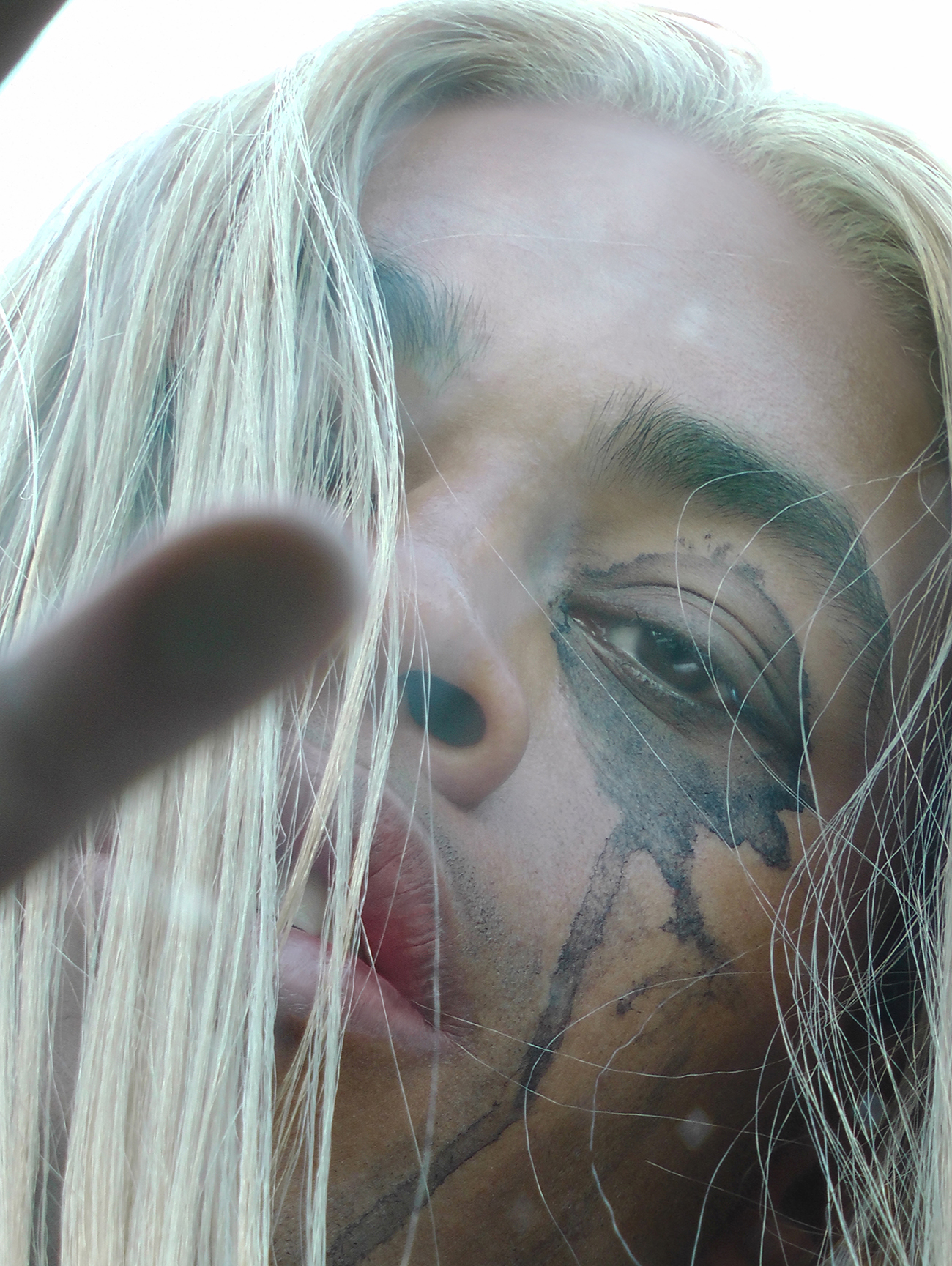In conversation with his dad
Published in Nuda:Terra
Zak Arogundade, perhaps best known for his audiovisual project Ecco2k, is a member of the acclaimed creative collective Drain Gang, working as a designer, director, photographer and recording artist. At the age of sixteen, Arogundade launched his career by developing his own clothing brand, which in recent years has evolved into the label g’LOSS. Whether it’s through performance, songwriting or visual art, he is continuously pushing his innovative and non-normative ways of artistic expression forward, often combining many different mediums to explore and reinterpret his inner world.
Arogundade’s early love for design started around the age of five, when his father Ben introduced him to graphic design softwares, helping lay the foundation for his multidisciplinary career. Ben has also been active in a broad field of work, as a writer, architect and graphic designer. Their close relationship with each other is reflected in this candid conversation over the phone. Zak calls his dad to catch up on the current state of things, quickly evolving into a discussion about awareness and honesty, success and failure, life and death, and ultimately, what it means to be human.
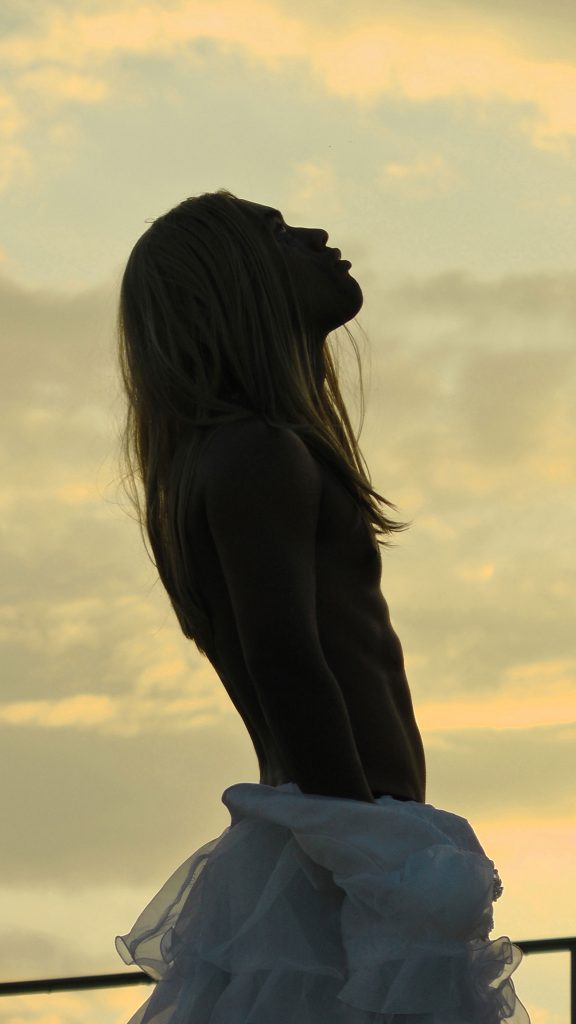
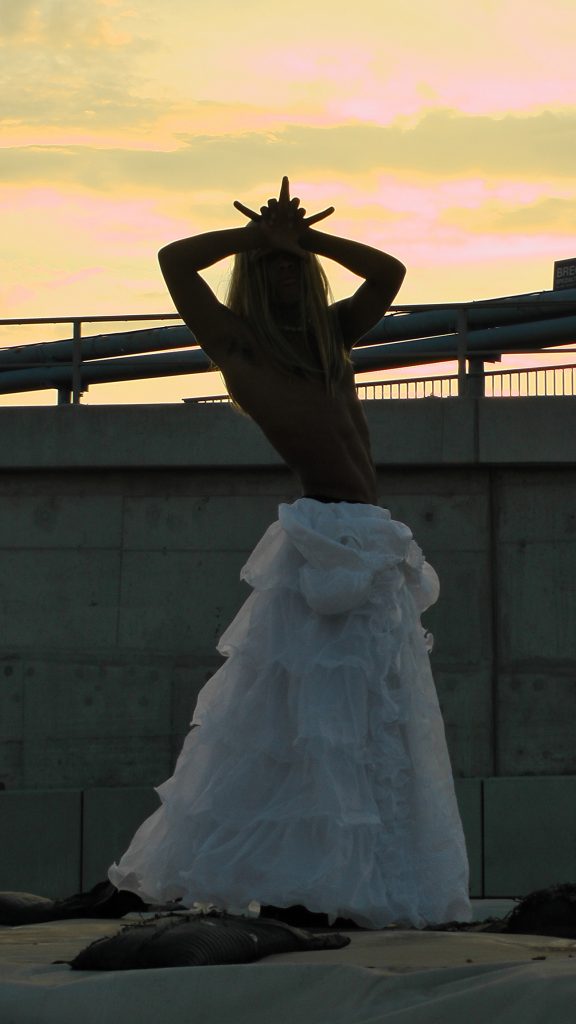
Dad: Zak?
Zak: Hey, Dad.
Dad: Hey, son!
Zak: How are you?
Dad: Very good, thanks. Very Good. How are you doing?
Zak: A bit stressed, but doing ok.
Dad: Really? What’s happened?
Zak: I mean, nothing in particular, a million things at the same time. Preparing for this shoot, and yeah just juggling everything that’s going on.
Dad: Right, is it a shoot for your stuff?
Zak: Yeah, yeah it is.
Dad: Doing a video?
Zak: Stills.
Dad: And you’re shooting it?
Zak: No this time I’m being shot, for this interview thing.
Dad: Right, ok. Who’s the photographer, anybody good?
[both laugh]
Zak: Yeah, I picked them out myself.
Dad: Oh, ok cool!
Zak: It’s getting a bit more hectic now than usual, but it’s all really exciting.
Dad: And, are you getting through it in the right frame of mind? That’s the question.
Zak: [laughs] I’m trying, yeah. I keep getting better at dealing with it… certain things keep becoming clearer to me the more I pay attention to them, like, how directly your inner world is influencing everything around you, and how the reality you sometimes experience in your mind when consumed by negativity doesn’t actually exist outside of that perception, until you make it real by bringing it to the world… with, like, your actions..
Dad: Yes.
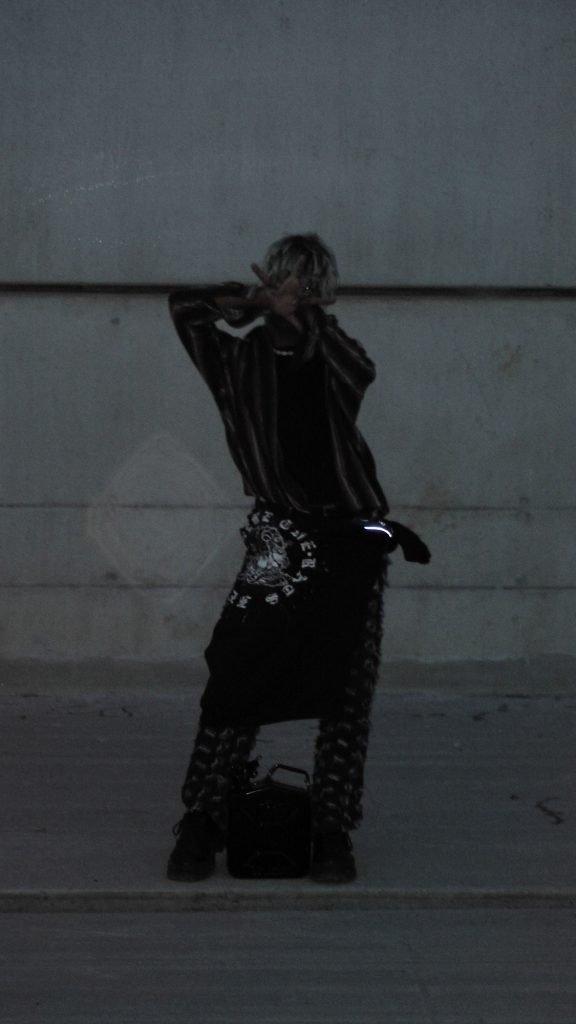
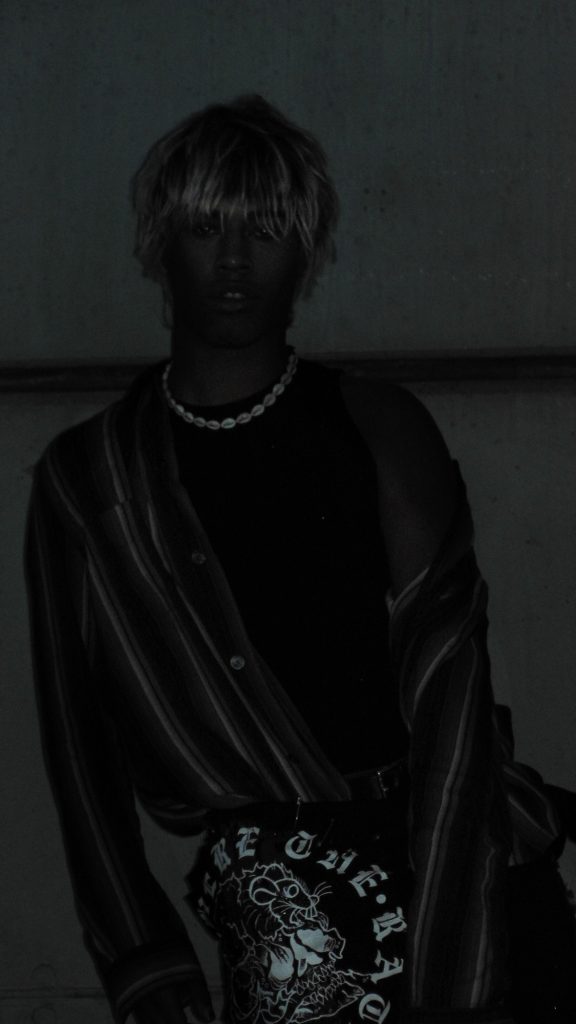
Zak: So I’m trying my best to avoid acting on fear, insecurity, doubts or whatever.. just acknowledging the feelings and remembering that they’re only true if I allow them to be.
Dad: Yes, that’s exactly it.
Zak: It’s funny though, these are the things you’ve been telling me throughout my childhood, that whatever you put out into the universe will materialise. The idea seemed so abstract to me at the time, this simple way of expressing it made it sound supernatural, like… magic, you know..
Dad: [laughs]
Zak: But it’s not, I’m seeing more and more that this is actually reality.. While at the same time, even though I understand these things better now, I still find myself fucking it up.
Dad: But everything starts with awareness as you know, I’d want you to think about that stuff earlier than I did. Because it will then, I hope, positively influence the rest of your life going forward. And so, actually, at the moment, and this is important for you, it’s ok to fail at processing this stuff positively, it’s ok to still feel down in spite of knowing what you need to do to feel up, because at the beginning of any new narrative of information, you haven’t evolved anything yet in order to put it in to practice. So the early run-ins are usually about trying and failing.
Zak: And being present through that experience.
Dad: Yes! Being overly focused on fixing is an aggressive approach, where if you don’t find a solution you will end up invalidating yourself, feeling that you are not enough. Knowing why you’re feeling something, and accepting it without judgment is a gentler, kinder, more manageable solution… to allow failure, if you can even use that word, and just leave that there.
I’m trying my best to avoid acting on fear, insecurity, doubts or whatever…
Zak: You would always say that failing is never a waste if you can let yourself grow from it.
Dad: Exactly. Realising that, even though there will be periods where you’re not feeling great doesn’t change the success of your life. Not feeling great is part of it. Within everybody’s life, regardless of what professional or personal condition you might be in, your emotional state shifts back and forth. You get bits where you feel great, and bits where you don’t feel great. Accepting that, Zak, by definition makes you a happier person, even if you don’t always manage it, you will be happier. You’re living the life you should be living!
Zak: Being in the middle of this extremely intense period, I’m feeling… I recognise the emotional state that comes with this level of stress, but I feel like I’m handling it better than I did last time I went through it, three years ago.
Dad: Amazing! That’s it. There. That sentence. You’ve worked it out for yourself. In those three years you’ve created your own mechanisms for dealing with it. From age 22 to 25. Now you’re as busy as you were three years ago but you’re handling it differently, and you’ve created that mental state for yourself.
Zak: I think a big part of it has been recognising that this is one of the biggest responsibilities that I have, taking care of my relationship to myself and what I do, you know? Rather than, say, how much commercially valuable work I can produce in a given time, or whatever else it may be.
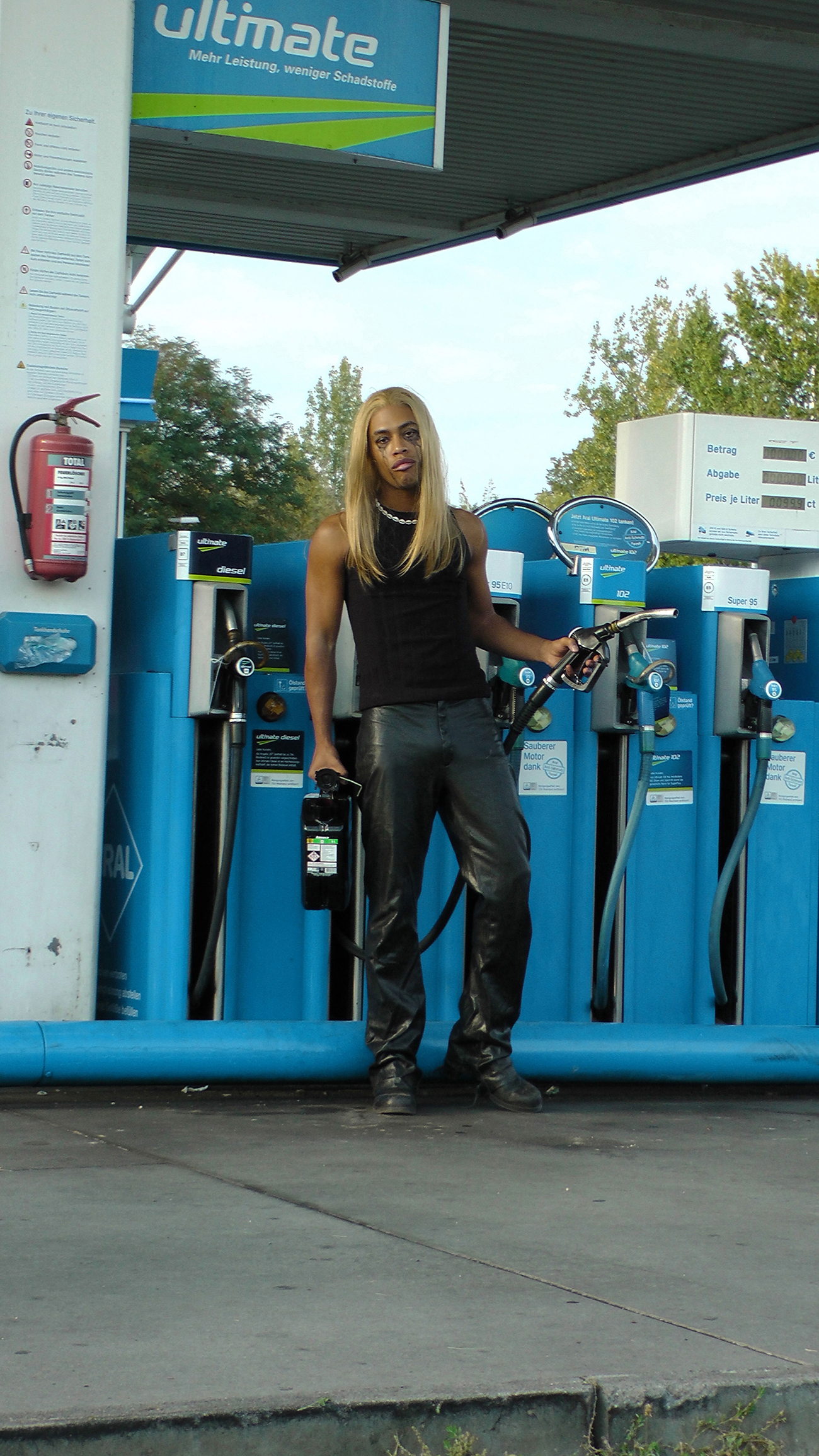

Dad: Yes, and the attitude you have to stress now is great in terms of getting to a place where you’re managing it better, and it’s necessary too, in terms of what I keep talking about, which is protecting and respecting your creativity, as an energy that dissipates if you don’t respect it.
Zak: Exactly, I’m feeling that I shouldn’t really be worried about anything else. Learning to channel that energy is the only real thing that I have to worry about. If I can take care of that, then all of these other things will be taken care of as well.
Dad: That’s it. I couldn’t have said it better myself.
Zak: But I think it can be easy to get caught up a certain idea of positive change, and that there’s a right or wrong way to get there.
Dad: That’s very true. There is this idea in western culture that there is a single and correct answer to everything. And that if you are not doing the right thing, if you don’t have the correct approach to managing your issues, you have to be able to change that instantly. But is that a reasonable demand for humans, who change gradually and slowly over time? Where do you find space to change slowly today, when society wants you to change quickly? Again, the successful position starts with awareness as opposed to having kind of a big, slick solution to everything. Having those issues doesn’t make you not successful. Being aware of those issues makes you successful! In other words, you can be successful and yet unhappy [laughs]. You know?. That’s life. Right there.
Zak: I remember dealing with this a lot when I was younger, feeling like you’ve failed yourself for not living up to an ideal that you never actually thought to question in the first place.
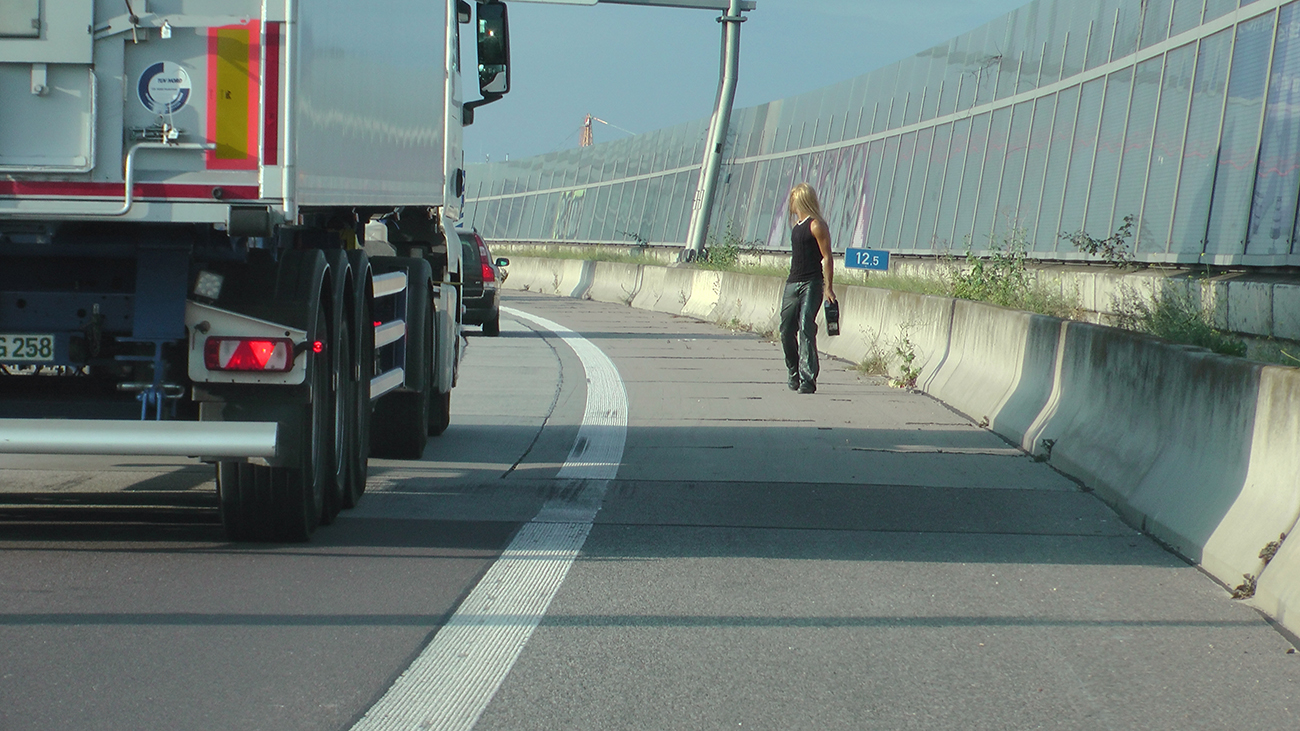
Dad: And how do you feel about that now?
Zak: It can make me a bit sad to think back on my teens. I used to see my self-awareness as, like, a fatal flaw, always questioning or judging myself, feeling like I wasn’t good enough as I was. I think we spoke briefly about this last time, that insecurity wasn’t necessarily part of my nature to begin with, but rather something that developed out of the self-consciousness that I think most minorities learn growing up, the constant balancing act of weighing your perception of yourself against everyone else’s perception of you. You don’t really have a choice in being painfully aware of this disconnect, but using things like your body language, your clothes, hair, or the way you talk, you try to navigate whatever preconception is being imposed on you at any given moment. You want to prove people wrong, or sometimes even play into their expectations… Now that I’m older I feel that this self-aware perspective is actually pretty powerful, and something that I’ve come to really appreciate about who I am. Even though it became part of my personality as a result of something painful, I could make something beautiful out of it once I learned to love myself.
Dad: And that’s the life I want for you, by the way, that. So I’m not saying: ”Zak, I want you to feel happy all the time”, cause I know that’s not reality. I’m saying: ”Get your happiness where you can, and be happy in your self-awareness, and be happy knowing that self-awareness is a kind of happiness.” So you’re kind of already there. Two decades, or so, before I was. This is an amazing omen for the rest of your life. Amazing.
Zak: Somehow I never really gave up on myself, through all of it.
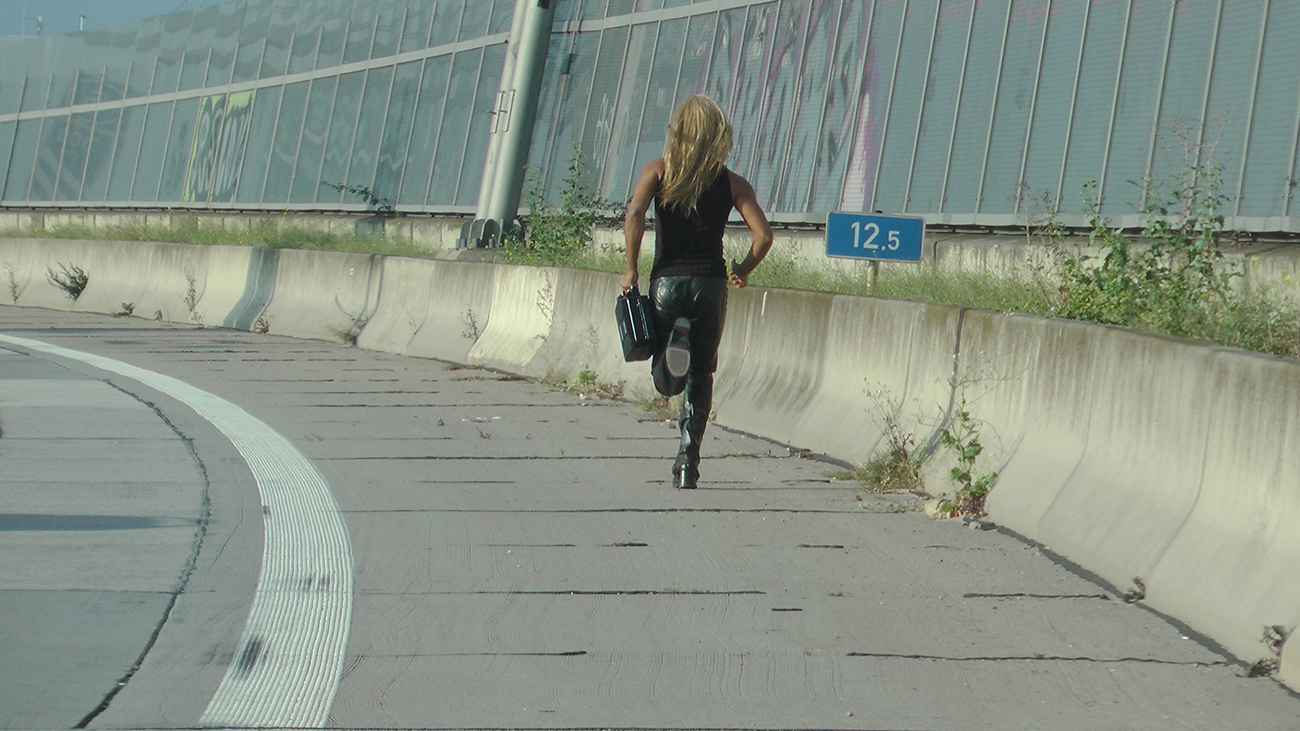
Dad: My friends usually tell me about different troubles with their kids, I don’t have anything to exchange with them on that front. I’ll say: ”My son is doing his thing, his way”. And it’s quite a mundane sentence for them to hear, but it’s a sensational sentence for me to say.
Zak: [laughs] …And like you said, even though I still experience things like doubt or insecurity I try not to beat myself up over it, just see it for what it is. I think that’s been the biggest difference for me lately. Also, I’m really lucky to have all these special people in my life who I can always turn to. Even though we’re all on different paths we can still walk together and grow as individuals along with the artistry, getting better at expressing ourselves as we discover more about who we are and why… I guess that’s not a coincidence though, we chose each other.
Dad: Exactly! You’ve gravitated towards people who are emotionally in touch with themselves, and brought those people into your life. That makes life much easier, being there to help each other cope with the things you’re going through, and learn from them.
Zak: Right, especially the ugly stuff.
Dad: Of course. I would actually believe that you can damage your relationships with others by not acknowledging your issues, the process of transforming your self-consciousness has been really tough, but you are more sensitive and open as a result. Everybody possesses this other, darker side of themselves, which I like to call the Vader-side, as part of being human. We don’t really like to talk about it because we’d rather perceive ourselves as lovely, devoid of any flaws or sharp edges, and often we surround ourselves with people who endorse that view, because it can be really difficult to acknowledge that other side. You might think that people are attracted to the fact that you don’t have any problems, but actually, it’s the honest statement of your issues that can pull somebody in towards you. Sometimes people might run away from you [laughs] or, they’ll say: ”Wow! That’s really raw and honest. Can we have a cup of coffee?” I believe that if you’re present and honest, it encourages other people to be that too. As a result you will create a space of communication that is open, conversational and healthy, which I think you and your friends have done with each other.
Zak: I think so too, I love them a lot.
Dad: That’s wonderful to hear, Zak. It can be very hard to face these things by ourselves, to take a step back from the realities that we make up, that keep on sounding off in our heads.
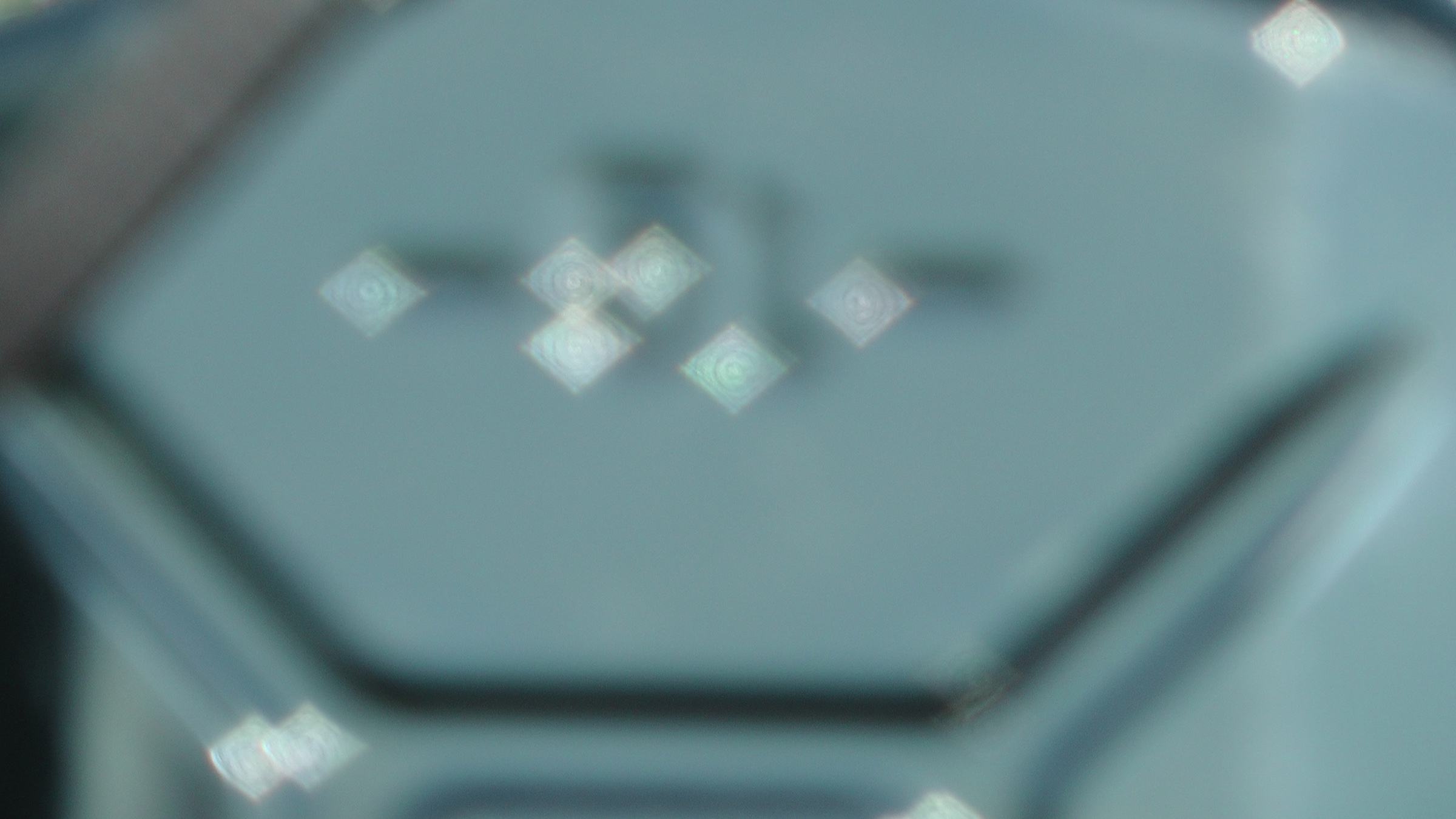
Zak: Yeah… I guess meditation helps with this too right? The way I learned was to embrace and to be present with all of the pretty and the ugly stuff that rises to the surface when you make the space for it; to not shy away from experiencing emotions as they are. However, I think what happens sometimes is that people end up using meditation as a form of escapism.
Dad: You’re totally right. And as with anything in life, everything is about finding balance. Anything done excessively pushes you out of balance, even meditation, which is something that is believed to be undoubtedly positive.
Zak: Yeah, it’s also a question of intent behind the practice. I think I would ultimately want to get closer to the essential or whatever you want to call it, consciousness itself, rather than silence that inner voice and dissociate from my experience as a human.
I want your values to be more honest than mine.
Dad: Absolutely. You need to pay attention to the life you are living and to the things that happen to you every day, because everything is interconnected. A lot of people don’t understand that the energy they are releasing out into the universe may rebound back to them, which is what we call the law of Karma. I think understanding your interactions with the world in that way is twice as exciting than simply thinking that nothing is nothing. For instance, if you’re an atheist, death is more terrifying than anything else. There’s no otherness. There’s no continuation of anything. I don’t worry too much about death, since I believe that we’re all reincarnated, that we’ve all lived lives before and that consciousness extends beyond our physical bodies.
Zak: I think being in touch with the earthly is just as noble as being enlightened spiritually, I can’t imagine one without the other… The exciting thing is finding your own way of making sense of everything though, I don’t think it’s something that can really be taught.
Dad: Yes. Sometimes you’ve got atheists that are more present than any religious people. Some of the kindest actions are made by people who don’t believe in anything. They’re doing it because that’s who they are. Then you’ve got certain religious people, who go to church every week, and they’re the meanest bastards you’re ever gonna meet in your life!
[both laugh]
Zak: Seems like this can be one of the purposes of our time on earth, to prepare the spirit for life after death.
Dad: That’s right. Thats exactly it. And if you can have a conversation about death, then you have already come further than most other people. The way of dealing with death in Western culture is by not discussing it; we pretend it doesn’t exist. But death is a reality, so why shouldn’t we talk about it? Being prepared for reality is often a more healthy approach, and by facing death, you can make the most of the time that’s left. I remember when your grandma was dying. I was driving her to chemotherapy and she sat in the car next to me, slowly dying of cancer. That journey — and that’s the word — that I went on with her, brought me closer to her than I had ever been in my life. I got to know her all over again. When she actually died, it was painful. Very painful. But it was less painful because of that time we had spent together. I was not with her at the moment of her death, but I’m okay with that now. Because your relationship with somebody doesn’t hinge on that moment, it hinges on everything that happened before that. What you have to do is connect with your family as much as you can while they’re here. We should all be spending more time with the people that are calling our name.
Zak: Whoever those people are.
Dad: Whoever those people are, exactly.
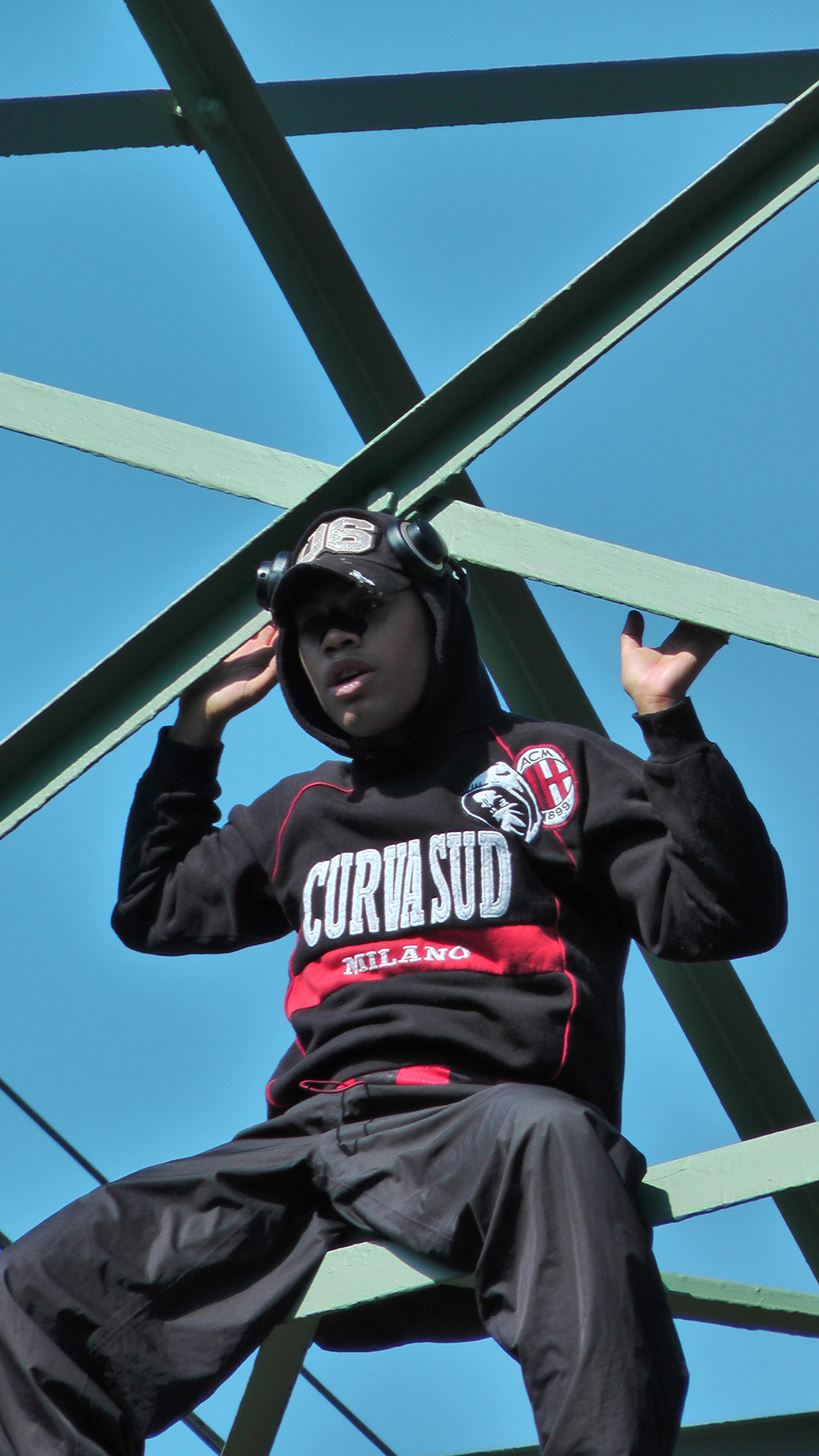
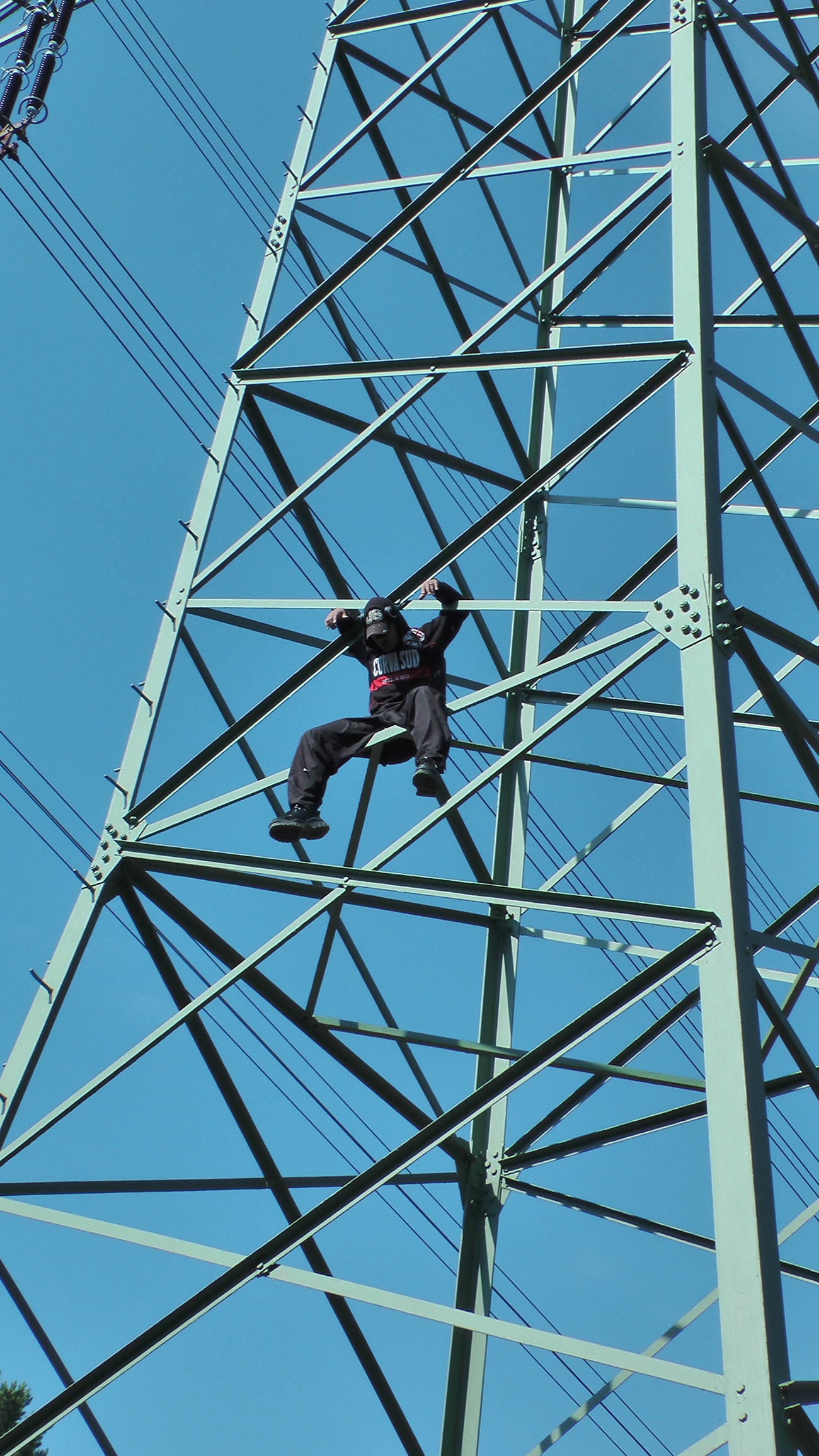
Zak: The thought of one day losing you and Mom is so heavy to me, not having you there to talk to, I would feel so alone in the world. Being the only child I kind of feel like you’re all I have, even though that’s not necessarily true.
Dad: Yes, and what you are expressing is very human. Everything in life has a spiritual dimension and a human dimension. If we talk about the spiritual realm, there is less sadness because you know that life will continue. But on a human level you will still experience all of the emotions that are part of being a human. For instance, the love for your parents will also create great pain when they die. And so, even if you believe in spirits, it won’t make that suffering any less real.
Zak: I imagine that you learned and grew a lot further than, you know, maybe your parents had done by the time that they died.
Dad: Yes
Zak: But your path must have been so different, even though you had your parents in your life for a time, the growth and the lessons you had to learn didn’t really come from that relationship in the same way that a lot of mine did, it came from somewhere else. You had to figure it out.
Dad: As a parent you want your child to surpass you, and you want your child to be more than you are. Now, some parents aren’t like that. Some parents perceive their children growing up as a threat to the power structure within the family. They want to be the ones that are in constant financial and intellectual control, and they don’t want their children to shadow their ego. That’s the hierarchy in Nigerian culture, for example. As you know, I grew up in a house where no one spoke about emotions. It would have been easier going to the moon than to have this conversation we’re having now. I don’t want to produce another person like me. I want your values to be more honest than mine. What’s important here is that this honesty and awareness is just as influential for yourself and your personal growth, as it is for others. The interconnections of the personal and public reflect each other. That’s why parents’ ambitions should be for their children to be more conscious, more environmentally minded, less racist and less sexist, in all those ways. Because look at the world we’re in. Who else is going to go forward into the world and try to improve it?
Alright son, I need to go, but it was great talking to you, as always.
Zak: So for better or worse it’s like the child manifests the emotional reality that the parents pass onto them, unless they manage to that break that cycle, like you and mom did.
Dad: Yes, and I think that’s working in your case. I was very happy to hear that you were going on the Black Lives Matter march in Stockholm. I didn’t tell you to do that. You made that decision independently. And so did thousands of other young Swedish people. They were out in the midst of a pandemic, risking their health, because they cared enough about something that didn’t even happen in their country. They felt that connection on a humanitarian level. That’s proof that your generation is progressing in a way that my generation wasn’t. This is what we should strive for, because if we can do that, then maybe we can save the planet and make the world a better place.
Zak: I guess you’re right.
Dad: Alright son, I need to go, but it was great talking to you, as always. Take care of yourself. Look after yourself.
Zak: You too, Dad. Take care.
Dad: Much love to you.
Zak: Love you. See you soon.
| Photography | Hendrik Schneider |
| Creative Direction | Zak Arogundade |
| Editor | David Bärtås |

